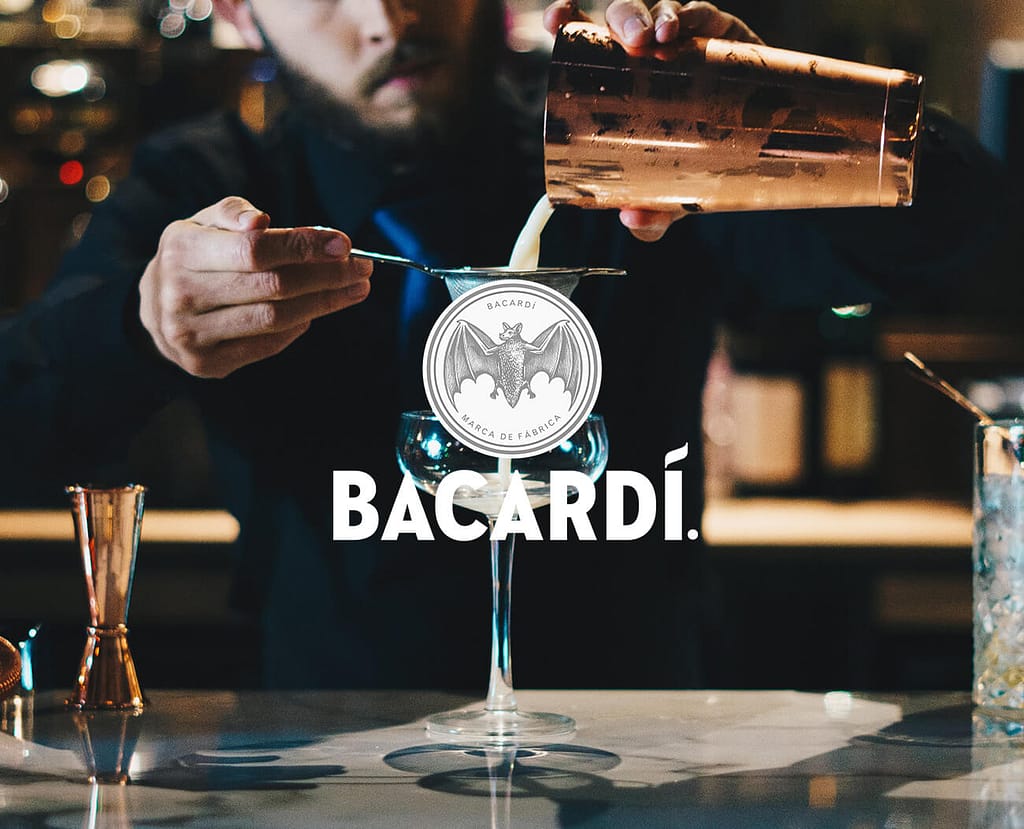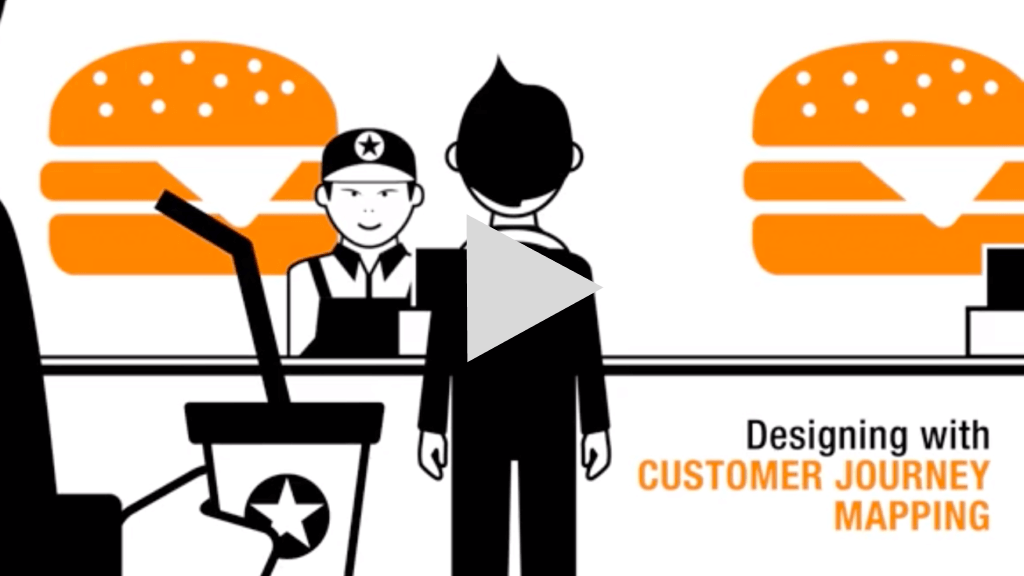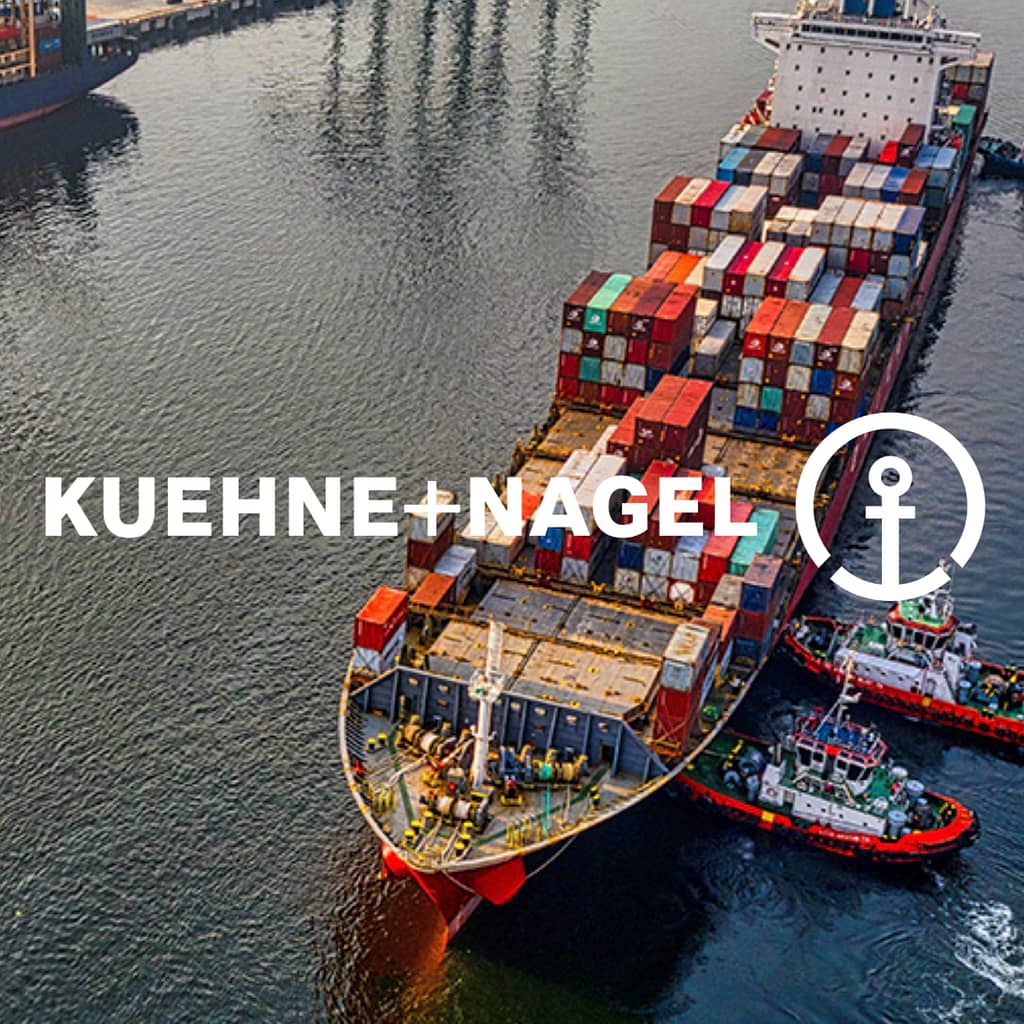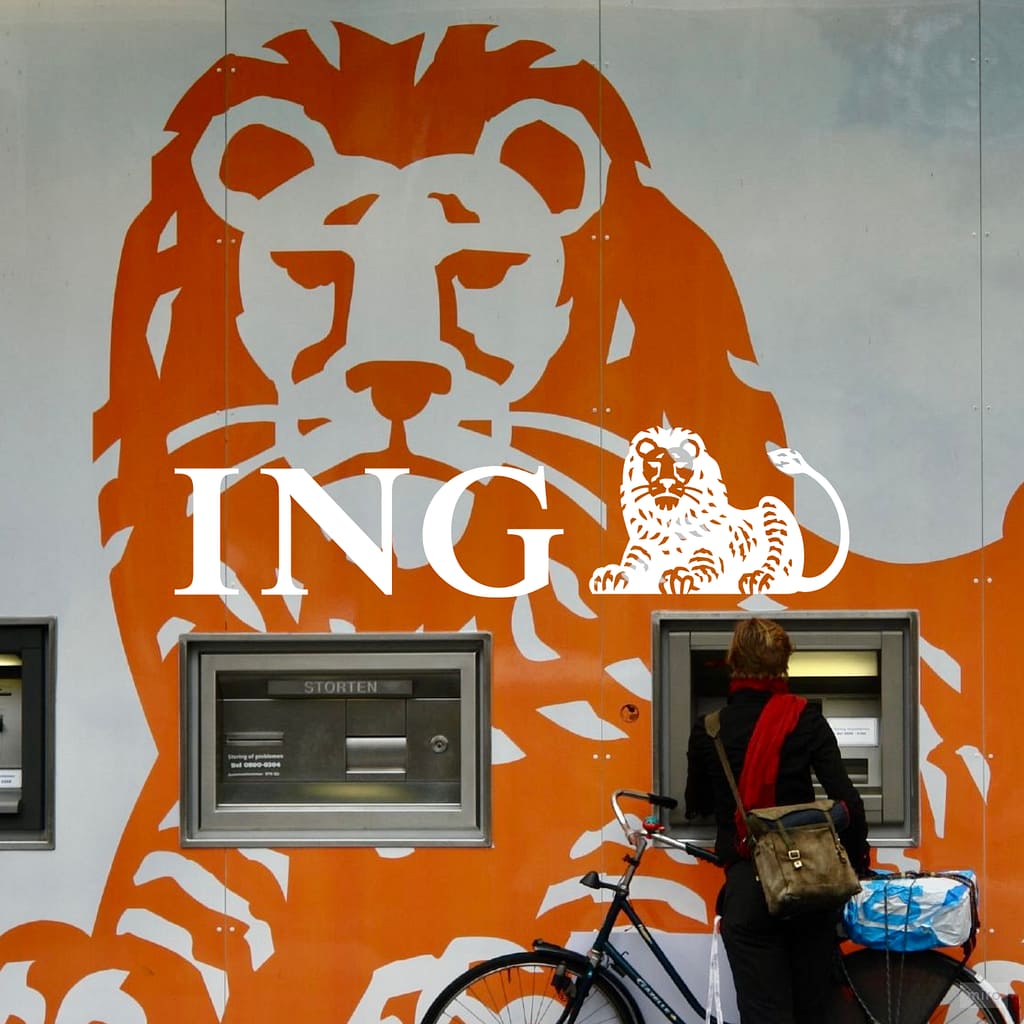Future Employee Experience in Luxury retail
Design sprints, capability & team building | 150+ people reached | Amsterdam, Paris, Miami & New York
The Employee Journey project at Cartier involved participants from different departments of their global organization. This was essential in order to allow the co-creation of shared solutions. As a result, in a learning-by-doing manner, participants were guided through a Design process that enabled them to visualize future scenarios. Read on to learn more about applying Design Thinking in luxury retail.
CARTIER DRIVEN INNOVATION
The project was executed on a global level, involving teams in the Paris, New York and Amsterdam offices. An important aspect was how to bring about relevant stakeholders. Working with a human-centered perspective resulted in more extensive changes than imagined at the start: aside from redesigning the physical working space, we embedded employees’ emotions and attitude into the new design.
METHODOLOGY
Through learning-by-doing, participants were guided through a Design process that enabled them to co-create Persona profiles and their Customer Journey. Moreover, this enabled them to visualize Future Scenarios of service. Ultimately, DesignThinkers Academy and Cartier worked together on a project closely related to the Employee Experience, more specifically, the working environment.
Design Thinking in banking to boost innovation
Design sprints, Capability building & Qualitative research | 500+ people reached | Switzerland
Change and innovation usually face a certain amount of resistance in traditionally conservative industries. A set of capabilities is required to ensure the successful implementation of new ideas, which is crucial to growth and development. In this 1-year project, we worked on introducing improved ways of working (such as Design Thinking) within Pictet. Together, we facilitated new skills such as research design, ideation, prototyping, and effective collaboration at one of the largest banks in Switzerland. Read on to learn more about applying Design Thinking in banking and investment.
PICTET DRIVEN INNOVATION
How might we help Pictet to build Design Thinking capabilities?
Headquartered in Geneva, Pictet is a Swiss-based bank with a focus on private banking. As one of the largest Swiss banks, it primarily offers services in wealth management, asset management, and asset servicing, to private clients and institutions. The Pictet Group employs around 4,600 people, including 900 investment managers.
Before approaching DesignThinkers Academy, Pictet had already taken the first steps in creating a Learning and Development Program for their employees. To further build on this, we provided an all-around Design Thinking Capability Training internally with the strategic goal of integrating new and improved ways of working into the organization.
In addition to building new capabilities, we also assisted their Product Innovation teams with a number of Design Sprints to collaboratively develop new and innovative products and services. We also helped Pictet to hone in on the idea of developing a Community of Expertise internally.
METHODOLOGY
To ensure full immersion in Design Thinking, we guided Pictet through a curriculum that closely follows the Double Diamond methodology of divergent/convergent thinking. Simultaneously, we organized masterclasses that dived deeper into hard skills and soft skills, such as conducting interviews for qualitative research, effective ideation, empathy, communication, and negotiation skills. Furthermore, to boost innovation, we ran a 3.5-day Design Sprint to optimize the connection between the teams with their clients. This serves to provide insights into future product innovation in the most accurate light possible. Finally, we coached Pictet’s senior consultants on adopting and facilitating the Design Thinking mindset in their organization.
At the end of this project, Pictet’s teams were more confident in creating and rolling out innovative ideas that fit the needs of their customers. They were also more comfortable using the Double Diamond / Design Thinking mindset in their daily work.
Accelerating Innovation for Financial Services
Accelerators, capability & team building | 1000+ people reached | The Netherlands, Spain, Germany & Romania
ING is preparing for future-proof innovation. Therefore, with facilitation by DesignThinkers, we accelerated an innovation process that embeds the users’ perspective in product & service development. As a result, we successfully combined Lean, Agile & Scrum with Design Thinking. In this manner, we empowered ING to bring relevant solutions to the market faster.
ING DRIVEN INNOVATION
How can we support ING in the adaptation of a human-centered perspective to improve services in the financial industry?
DesignThinkers Academy collaborated with ING to co-create an internal innovation process embedding the users’ perspective in new service development. Consequently, DesignThinkers Academy trained a team of ING employees that will foster a more human-centered perspective within the organization.
Furthermore, DTA also guided the ING Accelerator teams to develop, test and implement new services. As a result, DesignThinkers Academy designed all of the tool which were used for the individual workshops, guidelines, toolkits, Accelerator programs and flows.
METHODOLOGY
How to successfully combine Design Thinking, Lean, Agile & Scrum? With the PACE methodology, ING is prepared for the future, whatever the speed of changes may be. As a result, the combination of methods enables us to bring relevant solutions faster to the market. Watch the explanatory video for an elaboration of the process.
Robust employee services using Design Thinking
Accelerators, Process design & Remote coaching | 500+ people reached | EMEA, USA & Baltic states
Our collaboration with Coca-Cola was an interesting case of Design Thinking in HR. DesignThinkers facilitated the redesign of Coca-Cola HR & the employee ecosystem. How can we demonstrate a human touch in the digital world we work in? Resulting in improved service scenarios for hiring and on-boarding for new Coca-Cola employees worldwide. The main outcome is a set of prototypes & roadmaps on how to implement these pilots.
COCA-COLA DRIVEN INNOVATION
How can we support the HR Department of Coca-Cola in redesigning its employee services following a ‘Design Thinking’ approach?
Design Thinking Workshops for Coca-Cola Global HR were carried out in collaboration with the GBS department. We facilitated Design Councils consisting of Coca-Cola employees and Coca-Cola Human Resource professionals. This was a co-creation effort to explore the Coca-Cola Global business Services eco-system and opportunity areas for improving services and design improved Service Scenarios especially for hiring and on boarding of new Coca-Cola employees. The main outcome is a set of Prototypes & Roadmaps on how to implement the Pilots.
METHODOLOGY
How can we demonstrate a human touch in the digital world we work in? The idea was to treat the Coca-Cola employees we worked with, as customers of our services. Along with this new mindset came new emphasis on the experience of these services. Putting ourselves in the shoes of our customers, we asked ourselves four key questions, focussing on getting a deeper understanding in customers’ desires, needs and pain points. In the end, we helped the GBS department to produce a Customer Journey Map that was applicable to their employee journey. In doing so, Coca-Cola’s HR professionals can envision the employee experience and breathe new life into how they view their global employee ecosystem.
Design Thinking for Sales Enablement
Co-creation, Sales meets DT , & Capability building | 100+ certified facilitators | The Netherlands & Nordics
More companies are heading towards co-creation with their customers. It’s a means for more effective conversations, which in turn generate more value and waste fewer resources. That’s why Salesforce came to our Academy for the Design Thinking Facilitation training, with the goal of hosting more co-creation sessions with their clients instead of traditional sales talk. We co-designed and facilitated multiple sessions for their Sales Enablement teams on how to guide creative sessions that maximize ideation and bring Salesforce closer to their customers.
Since Salesforce had an established customer strategy, our task was to implement Design Thinking in this process, such that it could enhance this, especially internally. Using our extensive DT toolkit and facilitation experience, we designed a training approach that takes Salesforce’s strengths into account and develops those strengths into competitive advantages. Facilitation skills with a human-centred approach will help the team to understand what their customers really need, in order to help them with the best service offerings.
Diversifying revenue streams in banking
Design Research, Customer Insights, Business Model Canvas |1000+ people reached | Egypt, Morocco, Kenya, South Africa, Nigeria
DesignThinkers Academy developed a human-centered management roadmap to diversify revenue streams in the MENA region. Along side to that, trainings and events were organized in order to foster innovative climates.
We helped Mastercard to embed the Design Thinking mindset on different levels of management and in everyday business. Applying creativity in crafting business models, diverse revenue alternatives with cross-functional teams were identified. A human-centered approach was adopted in formulating roadmaps for new service concepts. Moreover train-the-trainer workshops were organised for management teams to foster innovative climates and developing new business models.
Creating new solutions to improve lives across the world
Capability building | 500+ people reached | The Philippines and the Netherlands
Every year, Bloomberg Philanthropies, the charitable arm of Bloomberg Corporation, organizes the Global Mayor Challenge. In this competition, city authorities around the world must come up with a sustainable solution to improve a dire issue in their current jurisdiction. As Design Thinking consultants, we helped the governments of Rotterdam, the Netherlands, and Butuan, the Philippines with injecting human-centered thinking into their final products. Read on to learn more about applying Design Thinking in NGOs.
Through extensive collaboration and the teams’ incredible grit, we managed to cross the finish line together: Rotterdam and Butuan were honored as winners of the Global Mayor’s Challenge 2021. Each city received $1M each in funding to further develop their ideas into viable, sustainable solutions.
Future leadership amidst a department merger
Design research, Company research, Future scenario | 500+ people reached | Amsterdam, Paris
The advent of a new Parisian department store presents the L’Oreal Group with more growth opportunities. To realize these opportunities, L’Oreal was interested in cooperating with the owner of this venue, the Hong Kong-based DFS Group. This merge presents exciting new ventures, but it also leaves both organizations with questions about strategic leadership in the future. L’Oreal invited DesignThinkers to organize training sessions for both parties to co-create future scenarios of success. Read on to learn more about applying Design Thinking in luxury retail.
The program was built on existing research and carefully prepared with pre-defined personas, journeys, and key insights, as well as a simulation session. In the final stage of the program, future scenarios were designed to support the successful launch of DFS’ venture in Paris, supported by a strong team culture. The focus of the project was set on defining long-term and short-term goals that are human-centered. Together, we did research on how the merger will affect employees, end-users, and other stakeholders. Design Thinking in luxury retail was the guiding principle throughout the process; we helped L’Oreal build human-centered capabilities and introduced tools that help facilitate successful leadership after the merger.
Human-centricity in the product creation process
Capability building, Company research | 100+ people reached | Online or On-site
Cordstrap is a leading global company in cargo protection, providing products and solutions that secure all types of cargo on rail, sea, road, and air. As part of its transition from being a product-oriented organization, to becoming solution-focused, Cordstrap is facing a number of challenges involving innovation. To solve this, they decided to develop a new Product Creation Process (PCP) with people at the center. An integrated approach using Design Thinking as a guiding principle is an effective way to design and implement the new PCP. Read on to learn more about applying Design Thinking in innovation.
Cordstrap is keen on the rapid implementation of this PCP to improve the lead time and quality of its innovation. Therefore, we helped with designing an introduction training to the new method, as well as a lightweight prototype of the new PCP toolkit. Getting stakeholders to understand and adopt the new procedure is equally important. That’s why we also dedicated a significant part of the project to guiding core members in implementing the new PCP to their daily work, with attention to their personality, desires, and the challenges they face.
To solidify new knowledge, we accompanied Cordstrap employees on the job. Learning by doing was the method we chose to pursue; we coached employees on the application of human-centered skills when facilitating the new PCP to their counterparts, and helped them get a grip of the iterative and sustainable nature of Design Thinking.
Human-centered employee experience in logistics
Design sprints, Capability building | 500+ people reached | Switzerland
Research showed that the employee experience determines job satisfaction and productivity, among other business KPIs. In the logistics industry, it’s even more important, as a good employee journey leads to less burnout and fewer stress-related sicknesses.
In the case of Kuehne & Nagel, we worked on co-creating a future scenario for their employee experience. The goal was to push the process in a more employee-centered direction. In a virtual design sprint, DesignThinkers helped Kuehne & Nagel with installing the necessary mindset and skills to design a people-first employee experience. Drawing from the skills and toolkits of Design Thinking, such as empathy, persona building, and qualitative research, the in-company project aimed to introduce fresh perspectives and bridge the gap between employees and their managers at Kuehne & Nagel.
Revamping current modes of operation with Design Thinking
Capability building | 100+ people reached | Den Haag
Within the NGO sector, there is a growing need to operate on a more human-centered level. Understanding this, we partnered up with the International Committee of the Red Cross to conduct a refresher training on human-centered capabilities through the Design Thinking methodology. Read on to learn more about applying Design Thinking in NGOs.
During an intensive and hands-on 1-day training, we introduced the staff members of the Red Cross to the core skills of the Design Thinking process, such as empathy, research, and prototyping. This was accompanied by a walkthrough of the Double Diamond process, an iterative model of innovation in which divergent and convergent thinking work in tandem.
More importantly, we facilitated team members with the best way to integrate Design Thinking into their daily work, through learning by doing. We were able to give pointers and advise the Red Cross staff on how to sustain and develop the new way of working in the most fitting manner for their teams and organization.
Human-centered service design for a superior brand experience
Service Design, Employee Journey Design, Capability buidling | 500+ people reached | Geneva, Lisbon
At Bacardi, there is a growing need to adopt a more customer-centered design of services. With a new app coming along, Bacardi aims to introduce online services that reflect care and attention to its end-users. The challenge at hand is to get stakeholders’ buy-in, from the developmental stages of the new app to its rollout and subsequent integration into daily business. DesignThinkers and Bacardi worked together on introducing this new technology throughout the company. We examined the process of adoption from the bartender’s point of view, whose skills and contact with customers are crucial to the success of the app. Read on to learn more about applying Design Thinking in FMCG.
In the first phase of this project, we helped Bacardi with setting up the fundamental knowledge of Design Thinking. This was done through a 2.5-day intensive workshop in which we explained core competencies such as empathy, research, and prototyping in detail. Subsequently, we co-created the bartender personas to understand the challenges they face when adopting the app, a new way of working. We worked on untangling the knots and pointing out valuable additions that the app brings to bartenders’ work. Simultaneously, we conducted on-the-job training to further solidify the learnings from the workshops.
At last, we worked with Bacardi on extrapolating the development plan to the whole organization. With a clear goal and Design Thinking tools, the Bacardi staff are more confident to adopt a new way of working with new technology. Ultimately, customers will benefit from the new app from Bacardi, as well as staff that are proficient at it.
A filter for innovation
Capability building, Company research | 50+ people reached | Amsterdam
Rainforests are the green lungs of our planet. Companies strive to adjust their industrial practices to create minimal impact on rainforests in particular, and the environment as a whole. In this endeavor, Rainforest Alliance (RA) is a desirable partner for a lot of organization, as their certification program is of high value. On the other end, RA wants to secure the highest quality of partnerships and thus needs stronger criteria to filter applications. In turn, this improves innovation between RA and its partners and ensures that consumers of RA-certified products are contributing to preserving rainforests and biodiversity.
RA has a historically strong preference for defining, structuring, and checking information. However, this can become a hindrance when it comes to innovation, as there should also be adequate room for uncertainty. Using Design Thinking principles, we worked with RA to identify the criteria needed to select the right partners for innovation, based on defined drivers and values. Moreover, we also looked at what the partners expect from RA in a collaborative effort using empathy in research. This will help RA align their views with that of their partners, which will support co-creation and innovation.
Through the training, RA now possesses a better toolset to select the most promising collaboration opportunities, and a system to assess the effects of future collaborations.
“Top professionals from the Design Thinking field and the hands-on approach inspired my work as a human-centered design consultant. A wonderful experience!”














